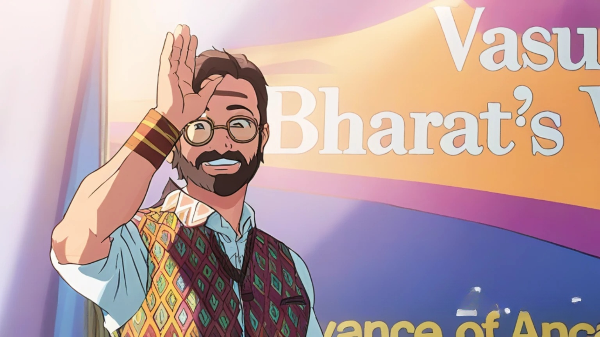Iran’s Plan to Strike Back Against the U.S.
Iran’s Military Preparations Following U.S. Attacks
Loading...

S. Jaishankar outlined India's foreign policy challenges at the start of the third consecutive term of the Modi-led government
India's External Affairs Minister Subrahmanyam Jaishankar, who began his second term in office on Tuesday, said the country would focus on resolving the border disputes with China and Pakistan.
Prime Minister Narendra Modi's Bharatiya Janata Party (BJP) failed to win a majority in the recent general elections, but the prime minister and external affairs minister managed to retain their posts in the BJP-led coalition government.
Jaishankar stressed that despite the changes, India would maintain continuity in its foreign policy. "In any country, especially in a democracy, it is a big deal for a government to be elected three times in a row. So the world will definitely feel that there is a lot of political stability in India today," Jaishankar told media.
The diplomat said the focus with Beijing is on finding a solution to the border issue, while New Delhi and Islamabad will work together to find a solution to the "long-standing" cross-border terrorism. The diplomat also outlined the ministry's roadmap for New Delhi's permanent membership in the UN Security Council, saying, "India's influence is steadily growing not only in our own perception but also in the opinion of other countries. They feel that India is a true friend and they know that India is the country that will stand by the Global South in times of crisis. You saw when we proposed our membership in the African Union during our G20 Chairmanship that the world trusts us and our responsibilities are also growing. Hence, we also believe that India's identity in the world will definitely grow under the leadership of Prime Minister Modi," he said.
Jaishankar on Monday met Bangladesh Prime Minister Sheikh Hasina, Sri Lankan President Ranil Wickremesinghe and Maldives President Mohamed Muiz to discuss ways to deepen bilateral ties and regional cooperation. South Asian leaders had been invited by New Delhi to attend Modi's swearing-in ceremony on Sunday.
Senior officials from China and Pakistan were not invited to the ceremony, but both countries posted messages on Twitter to congratulate Modi on the election victory of the Bharatiya Janata Party-led National Democratic Alliance (NDA).
New Delhi wants to position itself as a "Vishwa Bandhu" (friend of the whole world), or "a country in a very troubled world, a very divided world, a world of conflict and tension," Jaishankar said on Tuesday. He was reportedly referring to the ongoing Ukraine crisis, hostilities in the Gaza Strip and tensions in the Middle East.
Last year, India hosted leaders of G20 countries in New Delhi, urging the world's major economic and political forces to forge a consensus on the Delhi Declaration. However, unlike the 2022 Bali Declaration, Russia was not mentioned in this context. New Delhi's balancing act of actively building partnerships with the West while maintaining ties with traditional partners such as Russia and Iran reflect its desire for strategic autonomy and prioritizing national interests. However, experts point out that Indian foreign policy under the Modi-led government has become more assertive in light of India's rise as an economic power -- it is now the fifth-largest economy, the third-largest oil importer and the largest arms importer.
Iran’s Military Preparations Following U.S. Attacks
Troops remain in five strategic locations, raising fears of renewed tensions and long-term occupation.
Opposition forces have taken control of the capital after a significant offensive. Here is how it unravelled.
